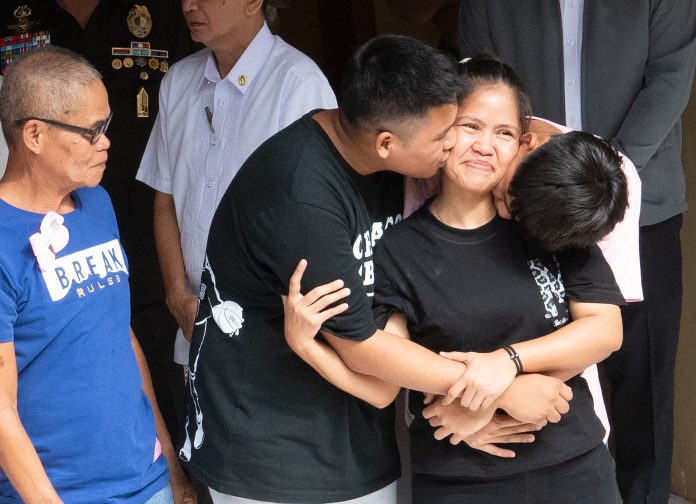The Council of Bishops of the United Church of Christ in the Philippines (UCCP) on Dec. 18 urged President Ferdinand Marcos Jr. to grant clemency to Mary Jane Veloso.
The call was made following Mary Jane Veloso’s return to the Philippines, which the bishops described as a pivotal moment for migrant workers and their families, marking the end of her 14 years on death row in Indonesia.
The statement, titled “Burning and Blazing Candles: A Prayer for Mary Jane Veloso, with Migrants and Their Families,” was released in observance of International Migrants Day.
It linked Veloso’s story to the Advent season and called for continued solidarity with migrant workers.
Recognizing Veloso’s journey
“In this coming together of the Advent season and on this International Migrants Day, we celebrate Mary Jane Veloso’s anticipated homecoming to the Philippines,” the statement read.
“We join the expressions of support extended to her and her family, from Philippine and Indonesian advocates, and the international community,” it added.
Veloso, a domestic worker in Indonesia, was convicted of drug trafficking in 2010. She maintains that she was deceived into carrying a suitcase containing illegal drugs.
Her case received international attention, and in 2015, she was granted a last-minute reprieve from execution.
“Burning and blazing candles testify to the 14 years since Mary Jane Veloso’s trial and conviction and nine years since her temporary reprieve. Our candle-prayers recall how her family with Indonesian, Philippine, and global supporters stood vigil before her pending execution,” UCCP said.
Call for clemency
The bishops called on Marcos to grant Veloso full clemency, adding that her freedom would mark an important step in her journey and provide relief to her family.
UCCP also recognized the efforts that resulted in a transfer agreement between Indonesia and the Philippines, which made her return possible.
Challenges faced by migrant workers
The Protestant bishops highlighted the broader struggles faced by migrant workers and their families.
They noted the contributions of workers in domestic labor, construction, and other sectors, emphasizing the need to protect their rights throughout the migration process.
“Even as the world awaits the labors of these migrants, we affirm their dignity, in asserting the promotion and protection of their human rights, throughout their migration journeys,” the statement read.









